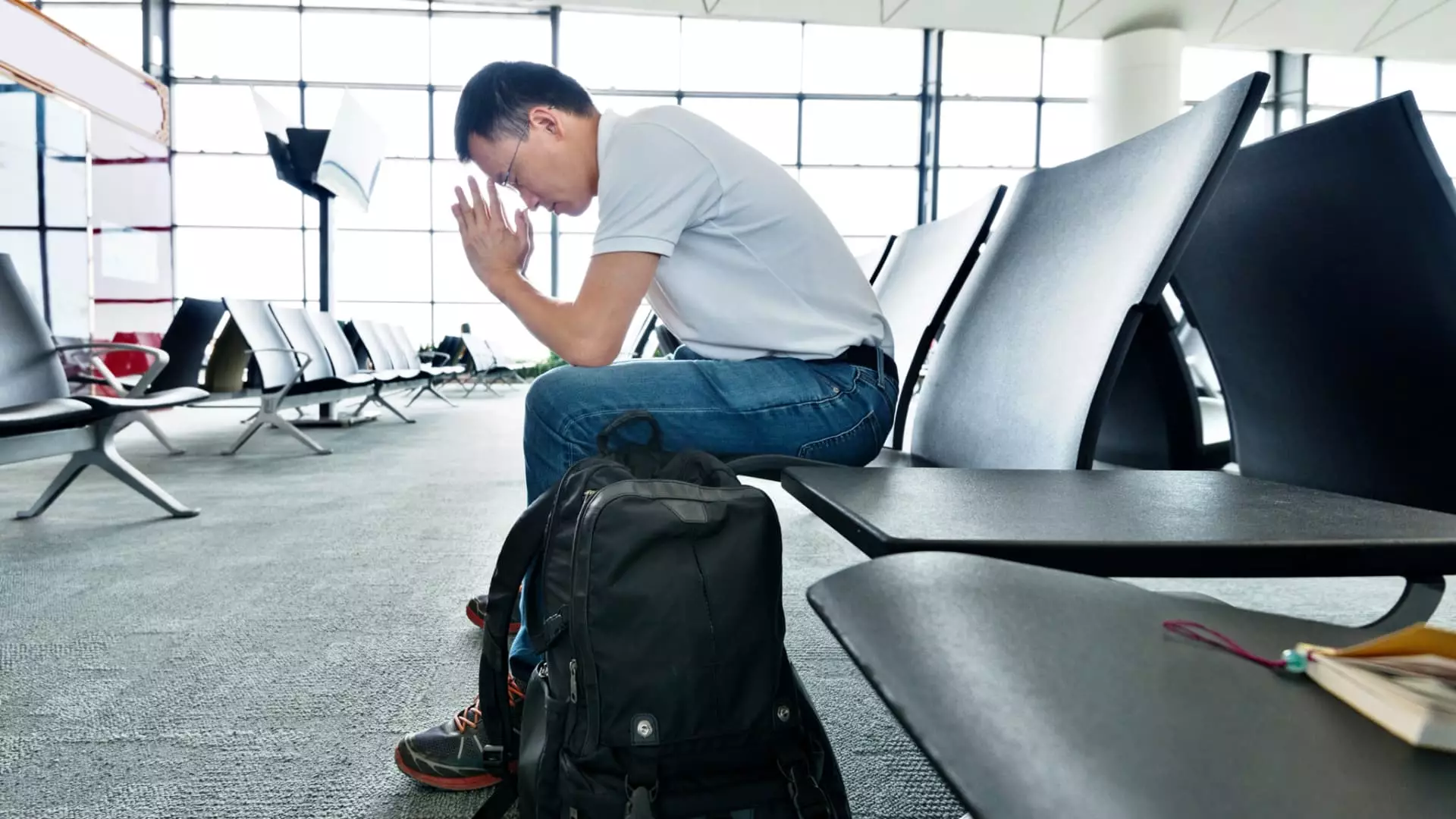In response to the increasing incidents of verbal and physical abuse towards airline staff, Japan Airlines and All Nippon Airways have implemented new “customer harassment” policies. These policies aim to address the various forms of harassment that employees face, including abusive language, threats, assault, unreasonable demands, and more. The airlines have made it clear that such behavior will not be tolerated, and travelers who engage in harassment will face consequences such as denial of boarding and police involvement.
The lack of clear standards in handling customer interactions has placed a significant burden on airline employees. According to Yoshiko Miyashita, vice president of CS promotion at ANA, some employees have been forced to take leave due to the stress caused by customer harassment. To support their staff, Japan Airlines has implemented harassment training and aftercare support for employees’ physical and mental well-being. These measures are crucial to ensuring a safe and respectful work environment for airline staff.
While air rage incidents have been on the rise globally, with the majority related to face mask compliance during the pandemic, Asian airlines have not experienced the same level of inflight meltdowns as their Western counterparts. However, recent incidents in Japan, such as a passenger causing a flight delay due to language issues and another passenger biting a flight attendant, highlight the need for stricter measures to prevent customer harassment. The “Four Ps” of politeness, patience, punctuality, and precision may define Japanese culture, but they do not guarantee immunity from disruptive behavior.
In light of the growing instances of customer harassment in Japan, municipalities and companies are taking proactive steps to protect their employees. Some local governments are removing employees’ names and photos from their name tags to prevent online harassment. By addressing the issue at its root, companies can create a safer working environment for their staff and ensure that customer interactions are conducted with respect and professionalism.
While the new policies implemented by Japan Airlines and All Nippon Airways are a step in the right direction, more work needs to be done to prevent customer harassment in the airline industry. Training programs, clear guidelines, and ongoing support for employees are essential to effectively address the issue. By fostering a culture of respect and accountability, airlines can create a more positive experience for both employees and travelers. Customer harassment should not be tolerated in any industry, and it is crucial for companies to take a firm stance against such behavior to maintain a safe and welcoming environment for all.

